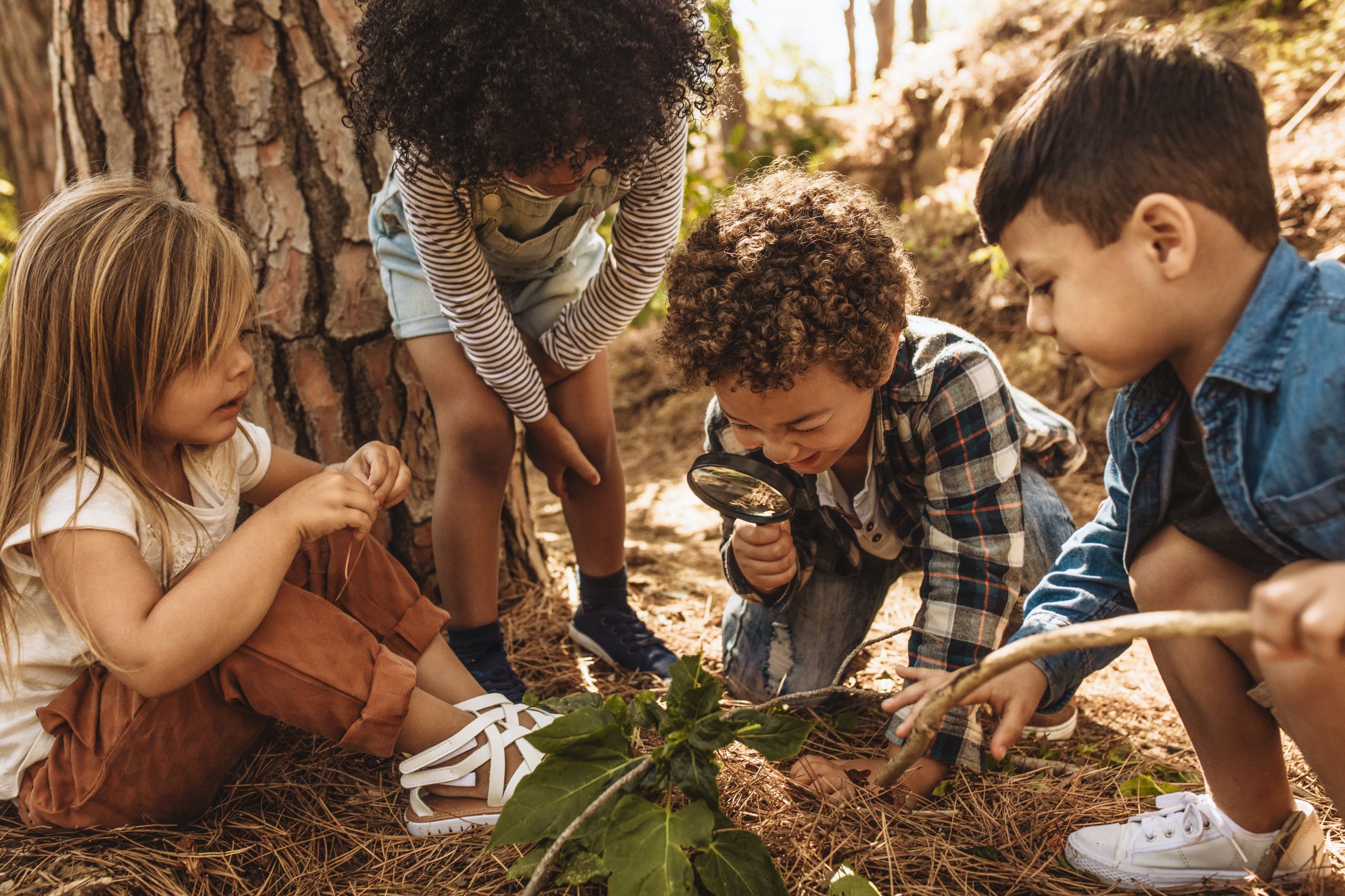Susan Engel, a psychologist, observed a decline in children’s curiosity as they transition from preschool to elementary school. While young children often overflow with questions, this natural inquisitiveness starts to diminish as they progress through the education system. Some reasons include restrictive classroom environments and a lack of emphasis on nurturing curiosity. However, by understanding the triggers of curiosity and the importance of fostering it, adults can help maintain and amplify this essential trait in both children and themselves.
Key Points:
- Susan Engel’s research in elementary schools found a limited number of ‘curiosity episodes,’ with some classrooms going hours without a single question from students.
- Curiosity in children is not inherently finite but might be stifled due to educational environments or a lack of adult encouragement.
- Curiosity is linked to a desire to fill an ‘information gap.’ Highlighting this gap can ignite curiosity in children and adults.
- Encouraging children to ask questions and explore topics, even if they initially seem uninteresting, can foster a more mature and skilled kind of curiosity.
- For adults, recognizing and understanding their curiosity patterns can help in nurturing it in themselves and setting an example for younger generations.
Source: https://psyche.co/ideas/this-is-how-to-nurture-curiosity-in-children-and-yourself






